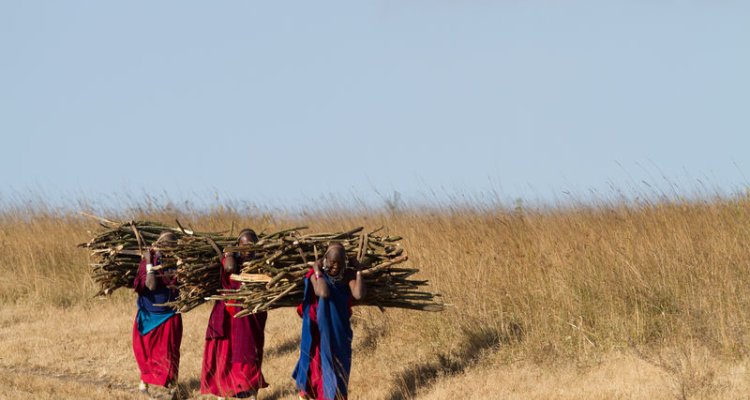
Course
Masterclass Practicing Feminist Political Ecology:Linking Gender, Theory, Self & Sustainable Development
Coordination: Chizu Sato (SCH)
in conjunction with the WASS public lecture by
dr Wendy Harcourt, ISS, the Hague
Inequality is at the heart of sustainable development but inequality is not considered in most research on sustainable development. Blindness to inequality undercuts the validity and the impact of research on sustainable development. This masterclass will link gender and other dimensions of inequality to sustainable development in ways that support research. Participants in this masterclass will draw on the examples offered to integrate sensitivity to inequality in their own research.
This masterclass is organized around the WASS public lecture by dr. Wendy Harcourt (Associate Professor, International Institute of Social Studies, Erasmus University of Rotterdam). She will link theory, self, place-based knowledge, and policy relevant to sustainable livelihoods using the conceptual tools provided by feminist political ecology and diverse and community economies.
There are four parts to this masterclass:
- mandatory preparatory reading;
- review of preparatory reading before Dr. Harcourt's lecture;
- public lecture and discussion; and
- one page reflection paper focusing on the link between the content of this class and participants' own research.
Course participants are to submit a short statement (max. 1/2 page, page A4) by 7 June that: 1) introduces who they are in terms of disciplinary background and education; 2) outlines gender and diversity issues in sustainable development that are relevant in their own domain of study; 3) questions or issues on gender and diversity in sustainable development with which they would like to engage and why; and 4) expectations of the course.